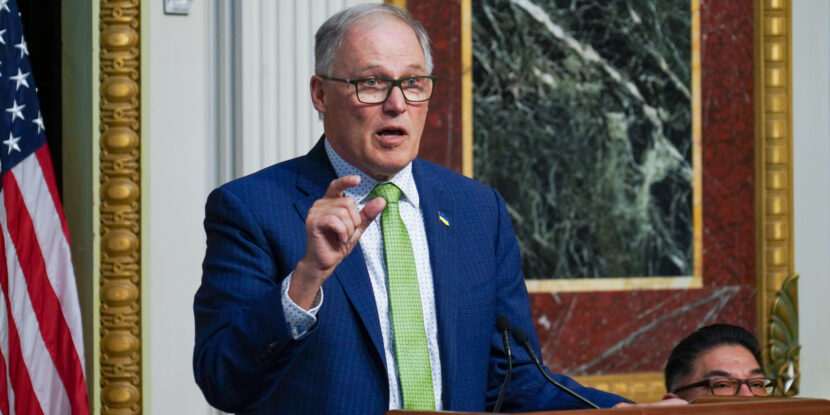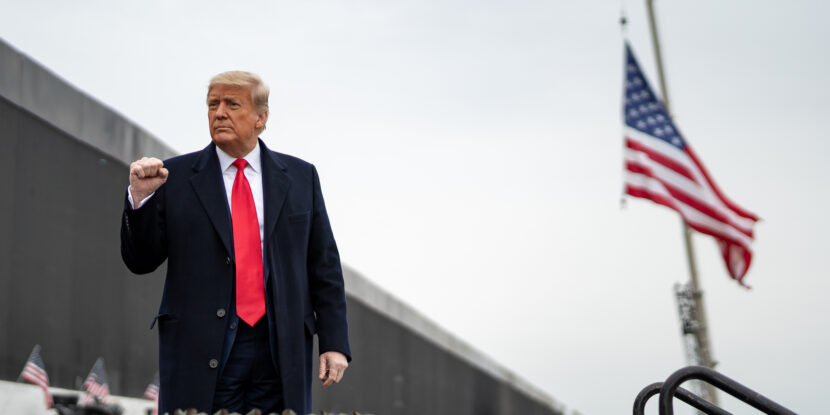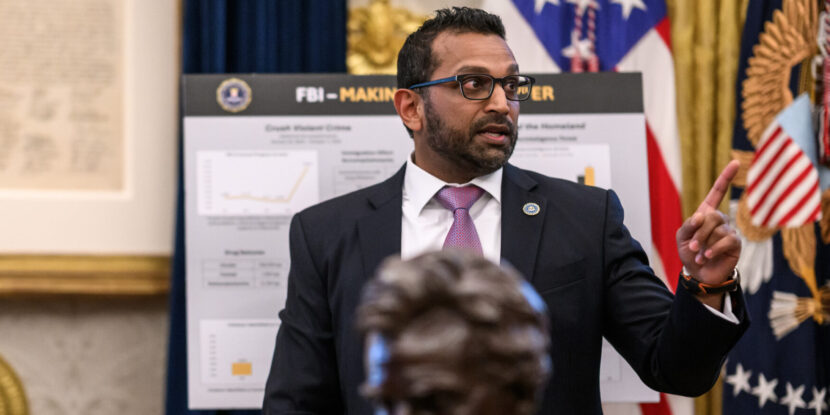❓WHAT HAPPENED: Anti-ICE agitators in Signal chats are reportedly using a state-run portal to report federal immigration agents to Minnesota Attorney General Keith Ellison’s (D) office.
👤WHO WAS INVOLVED: Activists in Signal groups, Minnesota Attorney General Keith Ellison, and federal agencies, including U.S. Immigration and Customs Enforcement (ICE) and the Department of Homeland Security (DHS).
📍WHEN & WHERE: Minnesota, with details emerging from Signal chats and protests near the Bishop Henry Whipple Federal Building in Minneapolis.
💬KEY QUOTE: “The investigation aims to determine whether participants are placing federal agents ‘in harm’s way.'” – Federal Bureau of Investigation (FBI) Director Kash Patel regarding an ongoing investigation into activist Signal chats.
🎯IMPACT: The FBI has launched an investigation into Signal chats for potential violations of federal law, including incitement and endangerment of law enforcement.
Anti-ICE agitators in Minnesota using encrypted Signal group chats to coordinate actions against federal immigration enforcement are reportedly informing on federal agents to leftist Minnesota Attorney General Keith Ellison (D) through a state-run portal created by his office. The online form allows users to submit written narratives, photos, and videos describing encounters with or perceived harms linked to federal enforcement actions.
Ellison’s office says the portal is intended to document a range of impacts from federal activity, including alleged constitutional violations and public safety concerns. Notably, Ellison has previously filed a lawsuit seeking to block Department of Homeland Security (DHS) actions in Minnesota.
According to numerous reports, large and organized Signal chats are being used to share real-time information about U.S. Immigration and Customs Enforcement (ICE) and U.S. Border Patrol operations in Minnesota in order to disrupt them. Federal authorities have confirmed that these activities are under investigation.
Some Signal threads reportedly include as many as 1,000 participants, and members organizing themselves into “shifts” to observe and log vehicles they believe are being used by federal agents. Notably, some of the vehicles flagged later proved to be unrelated to federal law enforcement.
Federal Bureau of Investigation (FBI) Director Kash Patel said in a recent interview that the bureau is investigating whether individuals involved in the chats are placing federal agents “in harm’s way.” Patel cited concerns about the sharing of license plate numbers and real-time location data. He emphasized that the investigation is focused on potential violations of federal law and not on suppressing political expression or lawful dissent.
Join Pulse+ to comment below, and receive exclusive e-mail analyses.










